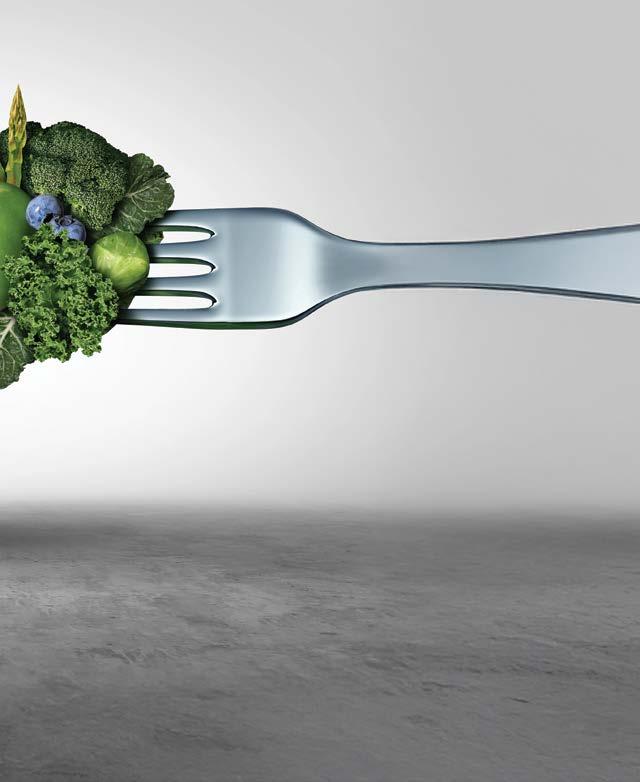
3 minute read
Are we truly sick, or are we just thirsty?
Water is the essence of life, yet it’s often the most neglected factor in our well-being. We think of food, exercise and even supplements as key to good health, but hydration is the foundation on which everything else rests. The human body is an intricate electrical system and water is its most vital conductor - fuelling circulation, flushing toxins and keeping vital functions in balance. Without enough of it, we slow down, malfunction and eventually get sick. Could it be that many common ailments are simply symptoms of dehydration?
The answer may be clearer than we think. The first thing administered in a hospital is often an IV drip, a mix of water, salts and sugars, underscoring hydration’s vital role. When water levels drop, blood flow slows, the lymphatic system struggles and problems arise. Constipation, headaches, confusion and kidney issues are just some of the consequences.
Water also plays a crucial role in balancing acidity in the body. Excess acid leads to inflammation and sluggishness, while hydration dilutes and neutralises these effects. And what puts out fire? Water does. Many chronic conditions, including diabetes, are exacerbated by dehydration. Without sufficient water, sugar in the bloodstream becomes highly concentrated, mimicking the fermentation process that creates alcohol. Hydration is also essential for detoxification. By flushing out toxins and waste, water prevents harmful substances from accumulating in the body. Indeed, the kidneys, liver and lymphatic system all rely on adequate fluid intake to function correctly and process and eliminate waste products. Without enough water, these natural cleansing systems slow down, leading to fatigue, sluggish digestion and a buildup of impurities that can affect overall health.
Our diets contribute significantly to dehydration. Dry, processed foods demand more water from the body to be adequately digested. Take a prune, for instance. Before consumption, the body must rehydrate it back into a plum for proper digestion, using up its own precious water reserves. Conversely, fresh fruits naturally contain around 80 percent water, mirroring the composition of our bodies.
So, how much water should we be drinking? A simple guideline is to consume half of your body weight in ounces daily. If you weigh 120 pounds, aim for 60 ounces - about six glasses. And don’t just gulp it down; swish it around your mouth first, allowing it to mix with saliva for better absorption.
Water is life. It removes toxins, keeps our systems running smoothly, and, when consumed correctly, can even aid in healing. Yet, as we age, our natural thirst diminishes, making it essential to drink consciously. Sipping water throughout the day, even at night, helps keep the blood clean and the body balanced.
The question remains: are we truly sick or just thirsty?
Article written by Dr Neru Shango. Dr Shango is a master healer, educator and public speaker and has studied and practised ‘whole-istic’ sciences for more than 20 years. He is a registered naturopath with certifications as both a holistic health practitioner and colonic hygienist. He specialises in iridology, herbal regimens, detoxification, weight loss, reflexology/shiatsu, colonic hydrotherapy and food combining for maximum nutrition.
You can book an appointment with Dr Shango on WhatsApp number +1 268 781 3109.










